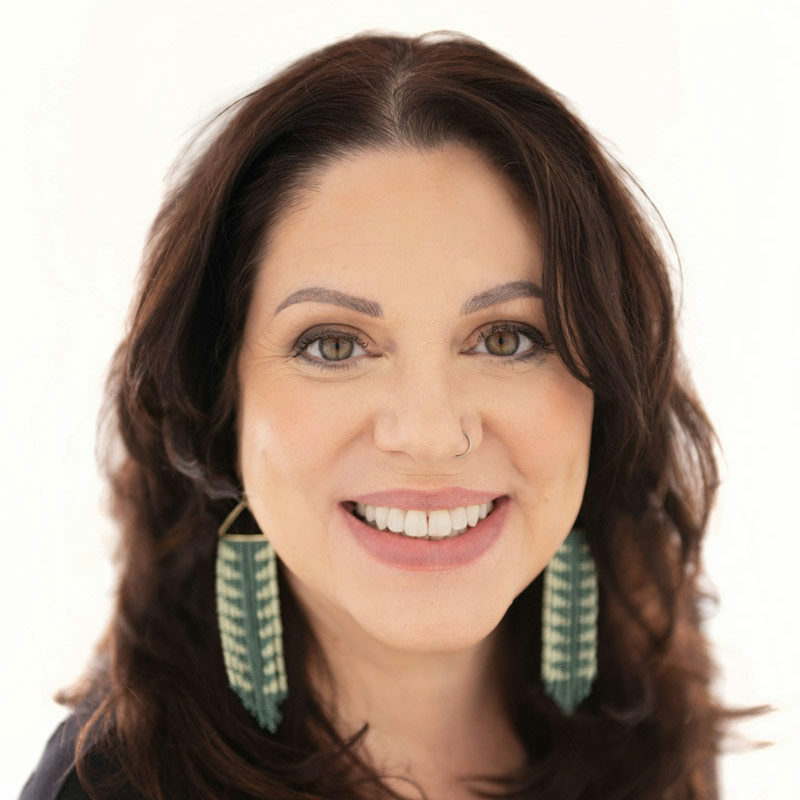"She’s Beautiful When She’s Angry" documents the impassioned and sometimes audacious women who challenged and changed women’s roles in the 1960s by starting the Women’s Liberation Movement.
The film provides an often detailed overview of the quest to change the lady landscape of American Society. It is particularly good at showing how central to the movement women organizing other women was, from consciousness-raising meetings to indie publishing and other outreach efforts.
"She's Beautiful When She's Angry" offers many first-hand accounts and interviews with Betty Friedan and the many other women associated with the National Organization for Women (NOW) along with many of the younger, and often more radical, women activists.
"She's Beautiful When She's Angry" screens on Saturday, Oct. 4 at 1:30 p.m. at The Oriental Theatre and on Tuesday, Oct. 7 at 6:30 p.m. at The Downer Theater.
The filmmakers piece together historical footage in a careful narrative to demonstrate how, at the time, women were unable to receive birth control (without a marriage license); couldn’t get a mortgage or credit card without their husband’s signature; how they often couldn’t prove they were raped and how women were treated like slaves, mommies or sex workers while on the job.
"She’s Beautiful When She’s Angry" shows how quickly the movement exploded and how much change occurred in a short period of time.
The film was in the works for more than a decade and provides a complex look at the movement and celebrates the successes from the minor to the major, such as the Boston Women’s Health Collective’s publishing of "Our Bodies, Ourselves" which has educated millions of women around the world about women’s health and sexuality.
It also includes how the movement’s leaders successfully lobbied Congress for a childcare act – only for it to be vetoed by President Richard Nixon – and the Jane Collective, a group of women who received medical training to provide 11,000 then-illegal abortions.
The film covers many critiques of the movement and reminds viewers of the tension between lesbians and straight women, white and black women, those who believed all men were the enemy and those who chose male friends and liberated lovers.
For me, "She's Beautiful" served as a reminder that there was a time when women were not asking for change, they were demanding it. These early victories also serve as a depressing reminder of how little has changed since the early days and how, with some issues, our society has actually moved backward. The film suggests the ways in which we cannot see sexism at home and in the workplace as clearly as we once could, but affirms that it does indeed still exist.
One of the most inspirational aspects of yesterday's screening at The Times happened after the credits rolled when I saw a pal from the past with her 11-year-old son in tow. As the mother of boys, I was once again made aware that empowering and educating young girls and women is extremely crucial in the ongoing struggle for gender equality, but shaping the perceptions of future men is just as necessary.
Molly Snyder started writing and publishing her work at the age 10, when her community newspaper printed her poem, "The Unicorn.” Since then, she's expanded beyond the subject of mythical creatures and written in many different mediums but, nearest and dearest to her heart, thousands of articles for OnMilwaukee.
Molly is a regular contributor to FOX6 News and numerous radio stations as well as the co-host of "Dandelions: A Podcast For Women.” She's received five Milwaukee Press Club Awards, served as the Pfister Narrator and is the Wisconsin State Fair’s Celebrity Cream Puff Eating Champion of 2019.





